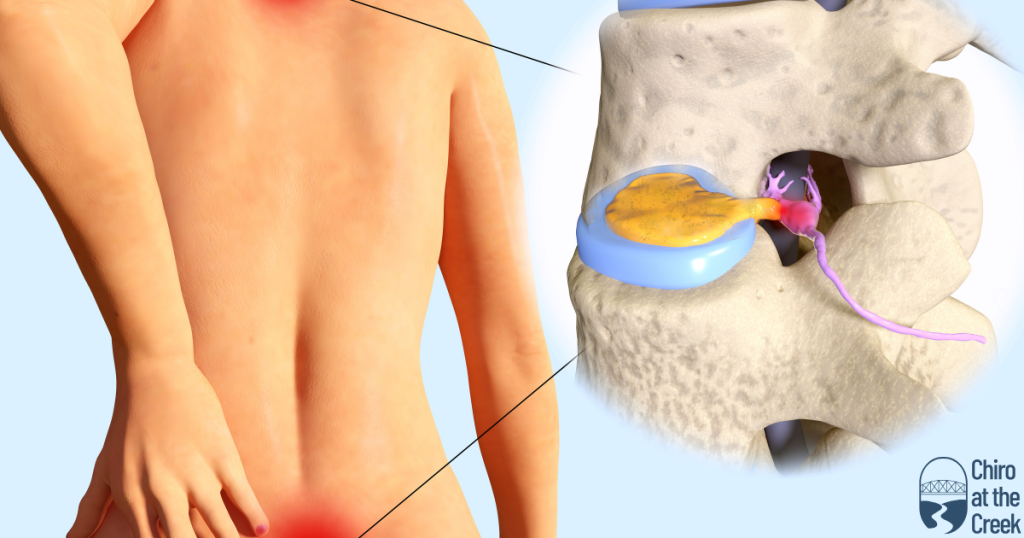Shoulder pain is a common complaint that can range from mild discomfort to severe debilitation, affecting people of all ages and lifestyles. Understanding the various types of shoulder pain and how chiropractic care can help alleviate these issues is crucial for effective management and recovery.
Rotator Cuff Injuries:
One prevalent type of shoulder pain is associated with rotator cuff injuries. The rotator cuff is a group of muscles and tendons surrounding the shoulder joint, providing stability and facilitating movement. Injuries to the rotator cuff can occur due to repetitive overhead movements, traumatic injuries, or degenerative changes. Symptoms may include pain, weakness, and limited range of motion in the shoulder. Rotator cuff injuries can significantly impact daily activities and quality of life.
Chiropractic care plays a crucial role in managing rotator cuff injuries by addressing the underlying biomechanical issues contributing to the pain. Chiropractors use manual techniques to restore proper alignment and function of the shoulder joint, reducing inflammation and promoting healing. Research has shown that chiropractic adjustments can improve shoulder function and reduce pain in individuals with rotator cuff injuries, enhancing overall recovery and restoring mobility.
Frozen Shoulder (Adhesive Capsulitis):
Frozen shoulder, or adhesive capsulitis, is another common cause of shoulder pain characterized by stiffness and limited range of motion. The exact cause of frozen shoulder is not fully understood but can be linked to factors such as injury, prolonged immobility, or underlying medical conditions. Individuals with frozen shoulder may experience pain and difficulty performing everyday tasks that involve shoulder movement.
Chiropractic care offers a holistic approach to treating frozen shoulder by addressing joint restrictions and muscle imbalances contributing to the condition. Chiropractors utilize gentle adjustments and targeted exercises to improve shoulder mobility and decrease stiffness. Studies have shown that chiropractic interventions, such as manual therapy and mobilization techniques, can effectively reduce pain and enhance shoulder function in individuals with frozen shoulder, promoting faster recovery and improved quality of life.
Shoulder Impingement Syndrome:
Shoulder impingement syndrome occurs when the rotator cuff tendons become compressed or irritated during shoulder movements, leading to pain and inflammation. This condition is often associated with repetitive overhead activities, improper posture, or muscle imbalances. Individuals with shoulder impingement syndrome may experience pain when lifting the arm or performing reaching motions, impacting daily activities and athletic performance.
Chiropractic care focuses on addressing the underlying biomechanical issues contributing to shoulder impingement syndrome. Chiropractors employ various techniques, such as soft tissue manipulation and corrective exercises, to alleviate pain and improve shoulder function. Research supports the effectiveness of chiropractic care in reducing pain and improving shoulder range of motion in individuals with shoulder impingement syndrome, highlighting the benefits of a multidisciplinary approach to treatment.
In conclusion, understanding the different types of shoulder pain and the role of chiropractic care in managing these conditions is essential for individuals seeking effective pain relief and improved shoulder function. By addressing the root causes of shoulder pain and promoting natural healing mechanisms, chiropractic care offers a safe and non-invasive option for enhancing shoulder health and overall well-being. Consult with a qualified chiropractor to develop a personalized treatment plan that addresses your specific shoulder concerns and empowers you to regain pain-free movement and functionality.













